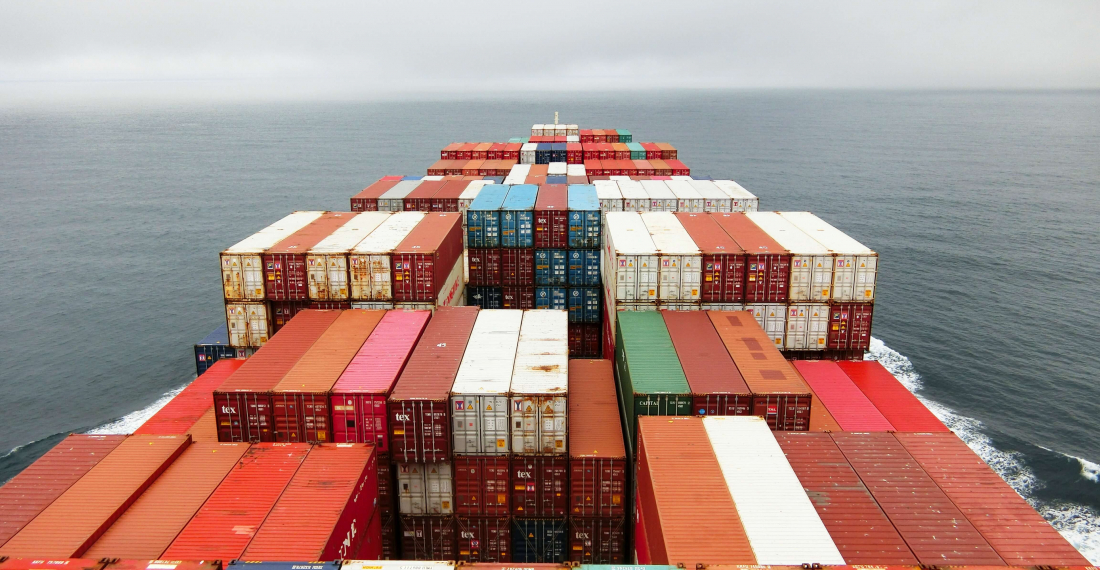- Armenia-Azerbaijan Strategic Expert Platform: Members emphasise the importance of the present moment for the South Caucasus and call for the momentum to be used for the long-term peace and prosperity of the region
- Thursday Interview: Dr. Anar Valiyev
- Food insecurity in Somalia has nearly doubled in the past year
- Türkiye evaluating potential measures in case of a US-Iran conflict
- European Parliament reaffirms support for Ukraine and EU Path
- EU moves ahead with Ukraine loan preparations despite Hungarian block

EU statistics agency Eurostat reported on Monday (15 February) that in 2020 China overtook the United States (US) as the largest trading partner of the European Union (EU). Thus despite political obstacles, EU-China relations appear to be prospering.
Eurostat said China gained the upper hand after a strong economic recovery, after suffering from the COVID-19 pandemic in the first quarter, but ending 2020 with a higher consumption level than a year ago. This boosted European products' sales, particularly in the automotive and luxury goods sectors, while exports from China to Europe benefited from strong demand for medical equipment and electronics.
According to Eurostat, the volume of trade between the EU and China in 2020 was €586 billion ($711 billion), compared to €555 billion ($890 billion) for the US. EU economic exports rose by 2.2 per cent 202.5 billion euros, while at the same time imports from the People's Republic of China rose by 5.6 per cent to 383.5 billion euros. However, EU exports to the US fell by 13.2 per cent and imports by 8.2 per cent over the same period.
The COVID-19 pandemic has sent a disproportionate economic shock through the world. The underlying reason for this economic development between the EU and China is that the Asian country is the only country with a v-shaped recovery, compared to others.
Besides the COVID-19 crisis, transatlantic trade with the US has been hampered by a series of reciprocal measures. These have led to tariffs on steel and products and consumer goods such as French champagne or Harley-Davidson motorbikes.
EU and China are seeking to ratify a long-negotiated investment deal that would give European companies better access to the Chinese market. The agreement provides for pre-determined national treatment plus a negative list on market access, the first time China has promised to introduce negative lists for all industries. Whilst the agreement was signed by the two sides recently, it must now go through a laborious process of ratification in the European Parliament and in the parliaments of the EU member states.








